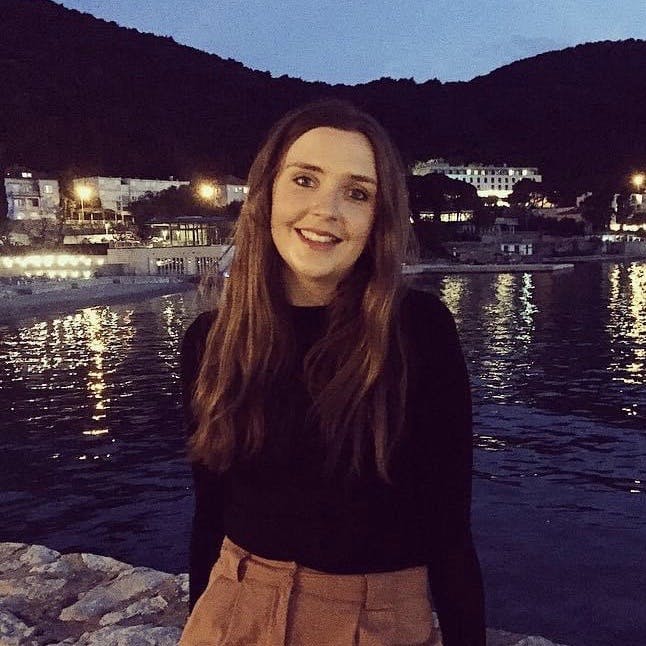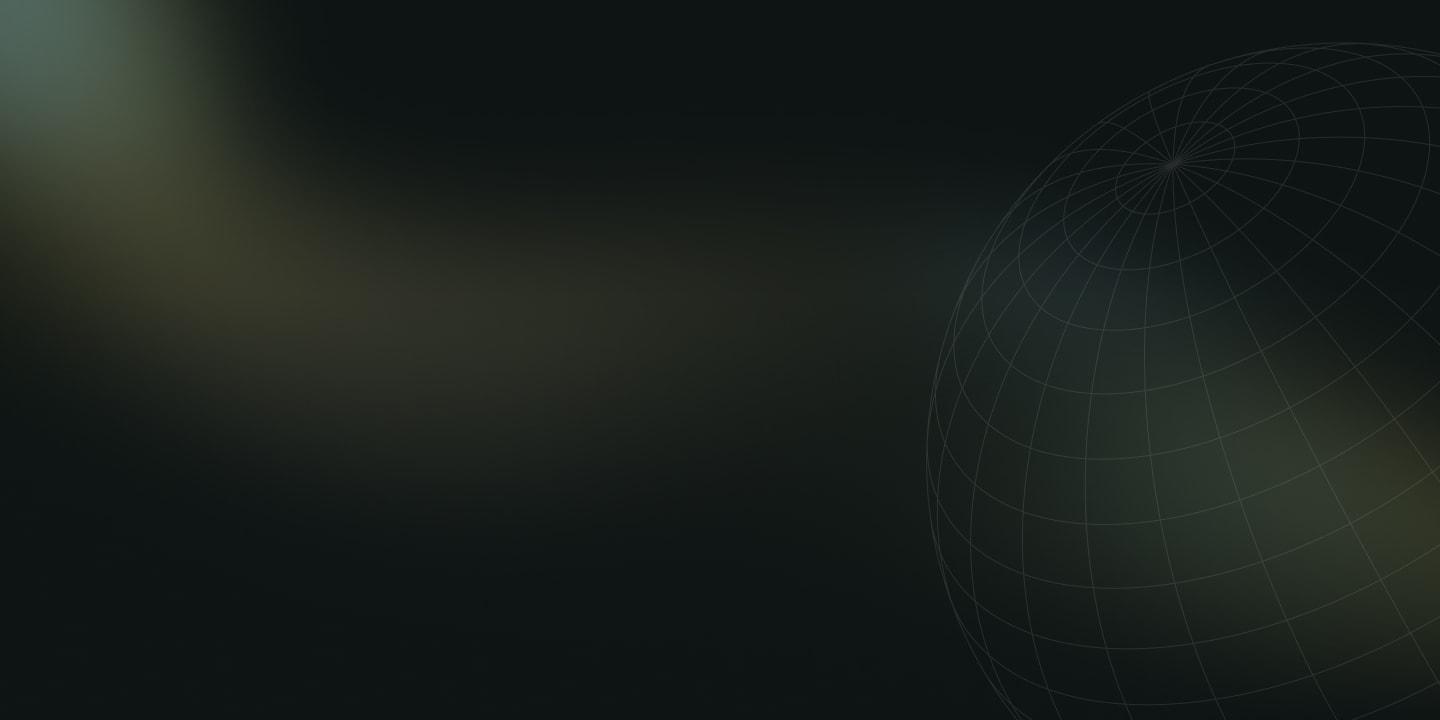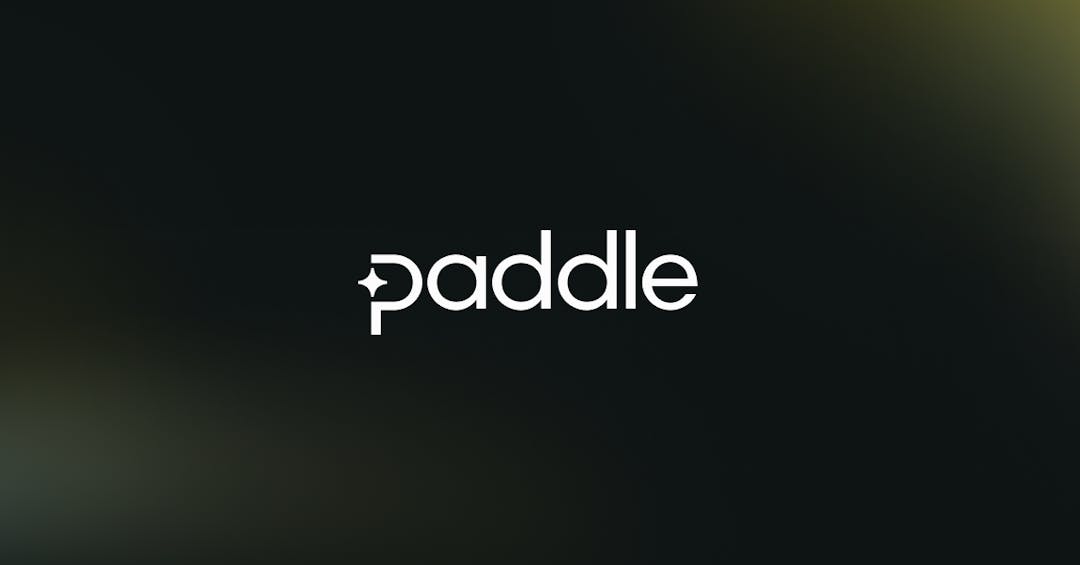In May, we announced our acquisition of ProfitWell. We also shared that we made a documentary about the entire process — We sign tomorrow?
The 20-minute film takes you behind the scenes of a $200m SaaS acquisition and the people behind it.
But with so much uncertainty surrounding a deal like this, why did we document it? After all, we weren’t sure if it was a story we’d ever be able to tell.
We spoke to executive producers Paddle CMO, Andrew Davies, and Head of Brand, Bianca Dragan, to find out.
Why make a documentary?
The acquisition process is long. Eight months passed from when our CEO, Christian, pitched the idea to when the public announcement was made. Internally, executive and senior leadership teams from both Paddle and ProfitWell knew about the plans long before the deal was done. Bianca explained how her initial reaction helped spark an idea:
“I’ve never been through an acquisition before. So, I went searching for content about the process to help me understand what to expect. There wasn’t any.
“I reached out to my network for advice instead and it got me thinking — I can’t be the only person in this position so why not make an accessible piece of content to help other people too?”
For Andrew it was about creating content that we’d want to consume. Content that genuinely inspires and educates our audience:
“We’ve got big ambitions following the acquisition. We’re thinking about what content and media mean to us and what’s interesting to our audience. This was a great opportunity to experiment, but we had to jump on it before it became a good idea that faded away as everyone got busy.”
Going ahead though, was dependent on approval from the Paddle legal team. So much can go wrong — the story could be told unfairly, and the risk of information leaks goes up significantly as you record more conversations along the way. Both companies went through tough contract negotiations and a grueling due diligence process, without which, the story wouldn't be there. Andrew explains:
“Understanding the constraints and getting the support of Maryam [Paddle Legal Counsel] was super important. In most situations, at other companies, the legal advice would simply be to not do it. But once we had Maryam’s agreement, it was a case of, okay, how do we make this thing happen?”
A story about people
Creating something that’s genuinely interesting, means understanding what people going through this process would want to know. Bianca spoke to Christian and Patrick to find out:
“It was clear that the hard part wasn’t just the practicalities or the steps to getting it done. It was the emotional nature of making a decision like this one, and the impact on the people involved.”
This resonated internally, as the priority across the acquisition has been the people. Whether or not the teams would be happy. Whether the working culture and values aligned, and how to ultimately bring these two groups of people together to make one team.
To tell that story authentically, we needed a director.
“It was a case of searching my network. Pip was the one person who had solid experience in this kind of thing so I reached out,” says Andrew.
Pip Piper is a producer, executive producer, and director specializing in feature documentaries. He has worked on various projects all over the world and now runs the OSBD media charity to help develop young people in creative industries. Speaking to the team, Pip explained:
“At the heart of documentaries, there needs to be a truth that people can relate to. That’s what's fantastic about this. It’s about two friends that have found one another in the midst of the industry that they're in. It’s about them and all of the people who were on that roller coaster with them.”
Pip came on board as director, tasked with making sure that we told the right story. Andrew explains:
“Without Pip’s external eye, we’d have manufactured a story based on what we wanted to say. I pinged him countless times with things I thought we should include – almost none of it made the cut. I trusted him with those decisions.”
A risk without the fear of failure
Finding the right fit in Pip was “serendipitous” according to Andrew, and a big factor in getting the documentary made.
“He had great conversations with myself, Bianca, and others. It helped us know we were doing the right thing because after that we all felt that this could be something we’d be really proud of. That, for me, is a real leading indicator.
“Without those calls going well and him wanting to be involved, this would have been ten times more expensive and harder to produce.”
Producing this film needed to be a risk that the business could afford to take – one that wouldn’t be damaging if the deal didn’t close and the footage was never released. Bianca explained how she framed the cost of production, based on an anecdote she’d heard Patrick share:
“Someone questioned him on the expense of producing a web series – his response was that it was no more expensive than producing an ebook.
“So that’s how we thought about the cost. It’s a lot less scary when you think of it as the same as two decent ebooks.”
The filming process
The documentary required Patrick and Christian to film video diaries and hand over access to Zoom meetings, voice notes, and more. None of which is easy to prioritize when you’re working 17-hour days trying to get the deal over the line.
“Conceptually, everyone was on board, but behaviorally there were some initial challenges,” says Andrew.
“Christian and Patrick were so heads down into the process, they couldn’t yet see the outcome we were all hoping for,” Bianca adds.
A few weeks in, Pip put together a five-minute clip from the footage they had to date – and it proved a real turning point.
“We showed them the clip, and asked what they thought about the direction it was taking. It was received really well and helped get them into the mindset of the audience we are trying to reach. From then, they were instrumental in helping us get the content that would tell the raw story, as it happened.”
To be continued…
We announced our acquisition of ProfitWell on May 25, 2022. Since then, the documentary has been screened in Barcelona, London, and Boston. But the story doesn’t end there. Andrew says:
“It was an experiment, and we’re experimenting with where we go from here. We don’t yet have a plan for what’s next, but what we have done is set the bar for creating and producing content of which we are proud.”
The documentary is now out — watch the full film, here. We’d love to know what you think, head to @paddlehq on Twitter or @paddle on LinkedIn and let us know your thoughts.




